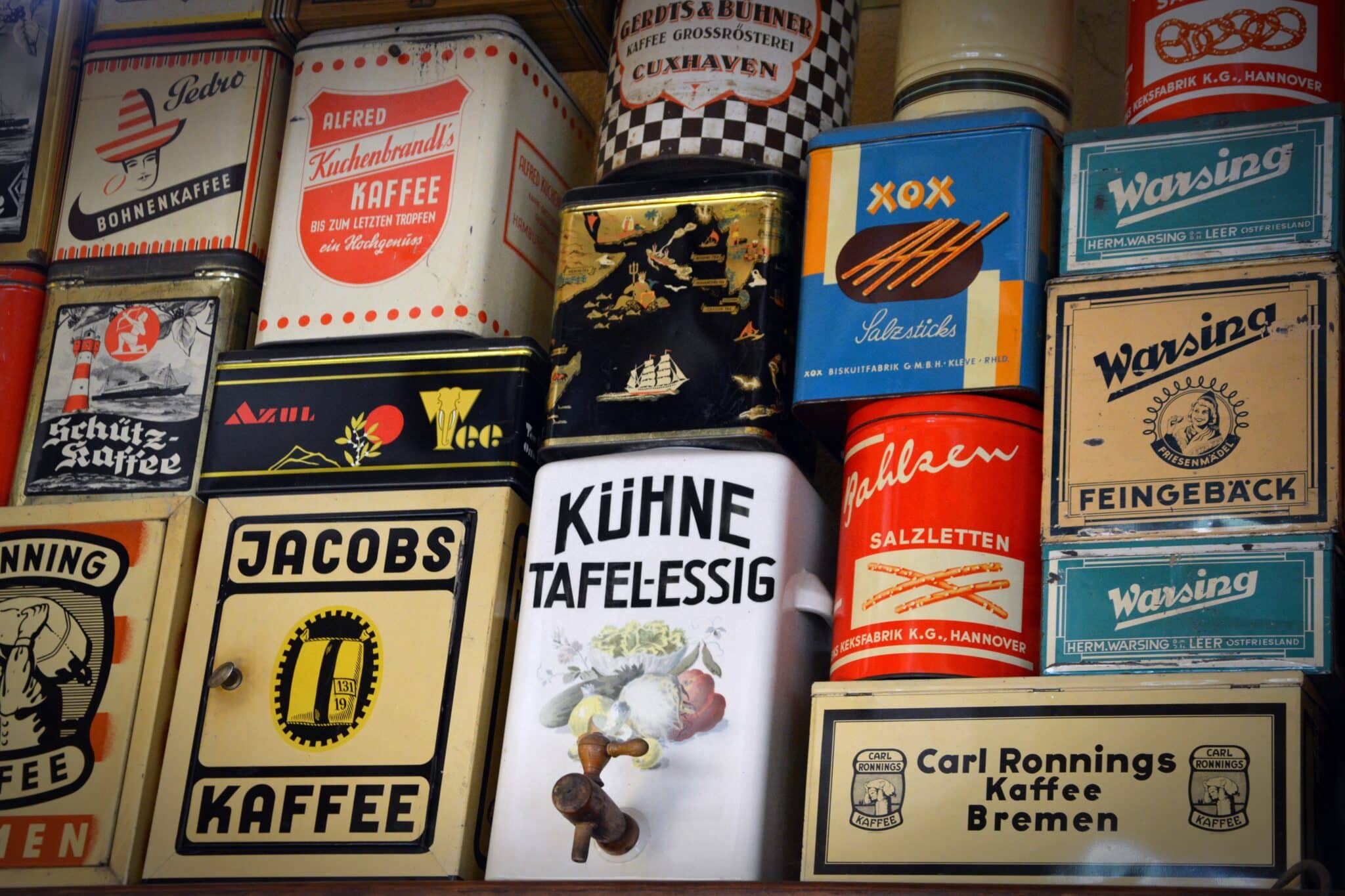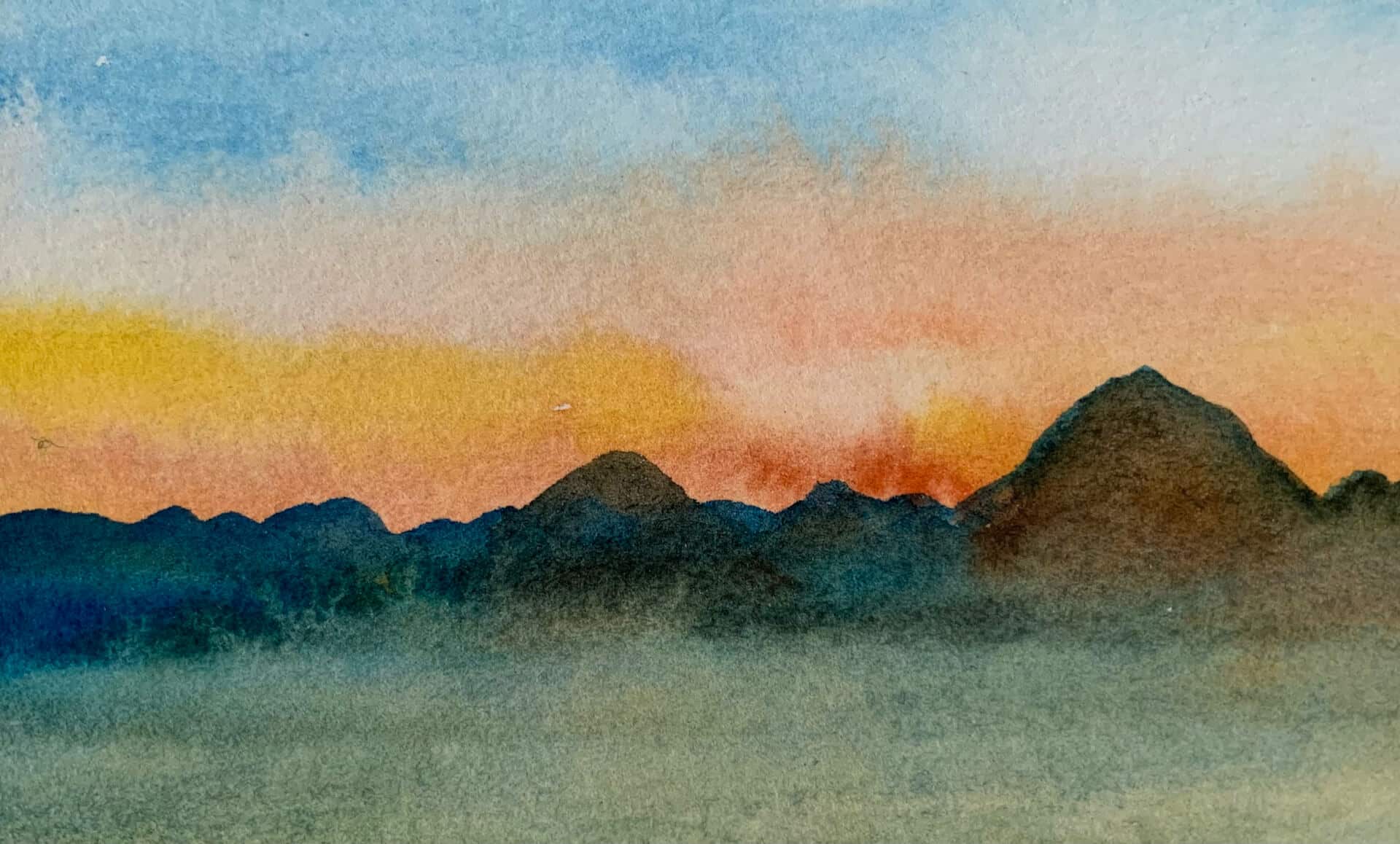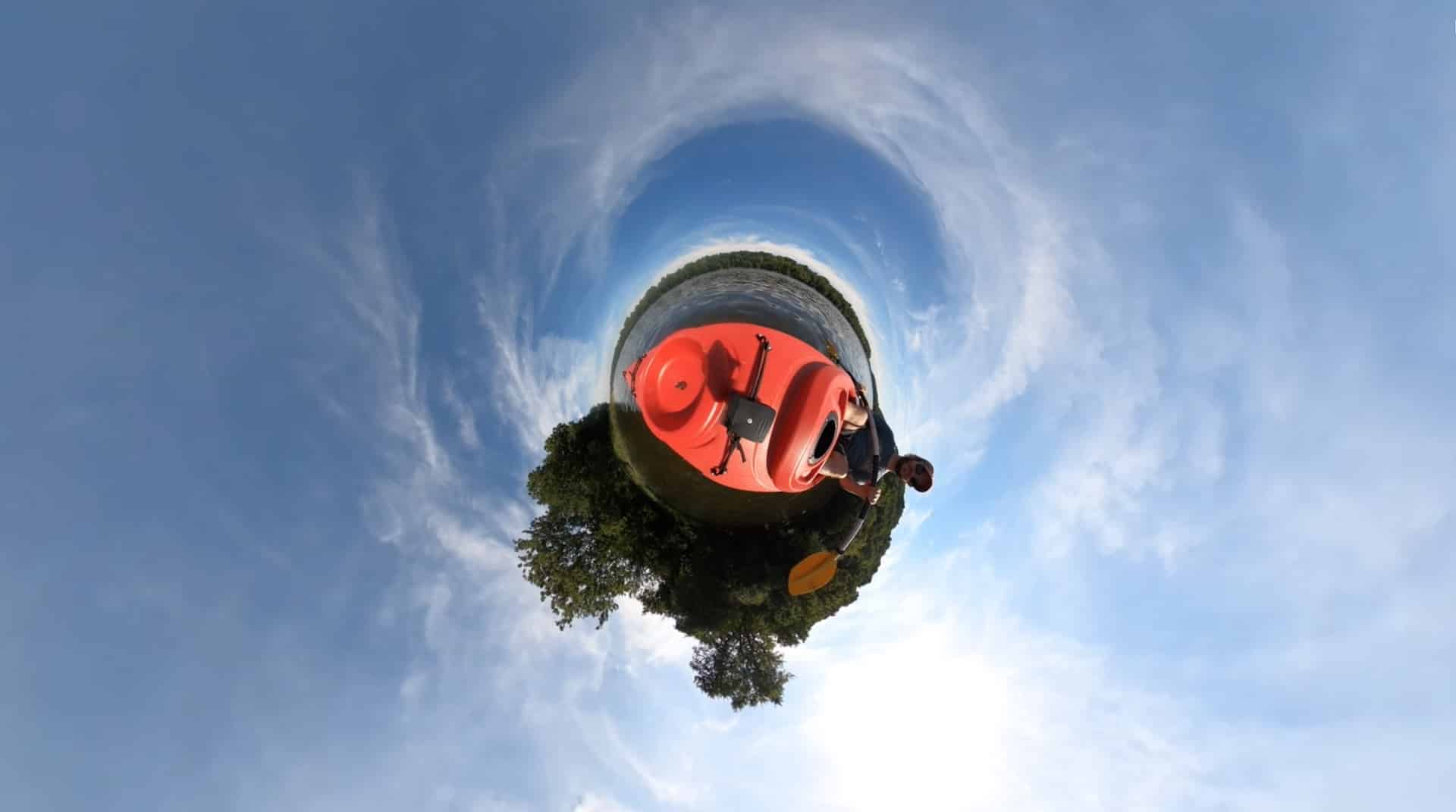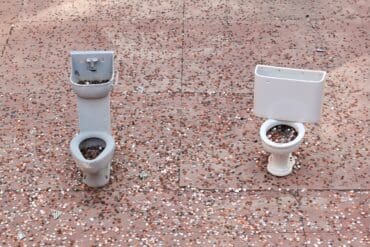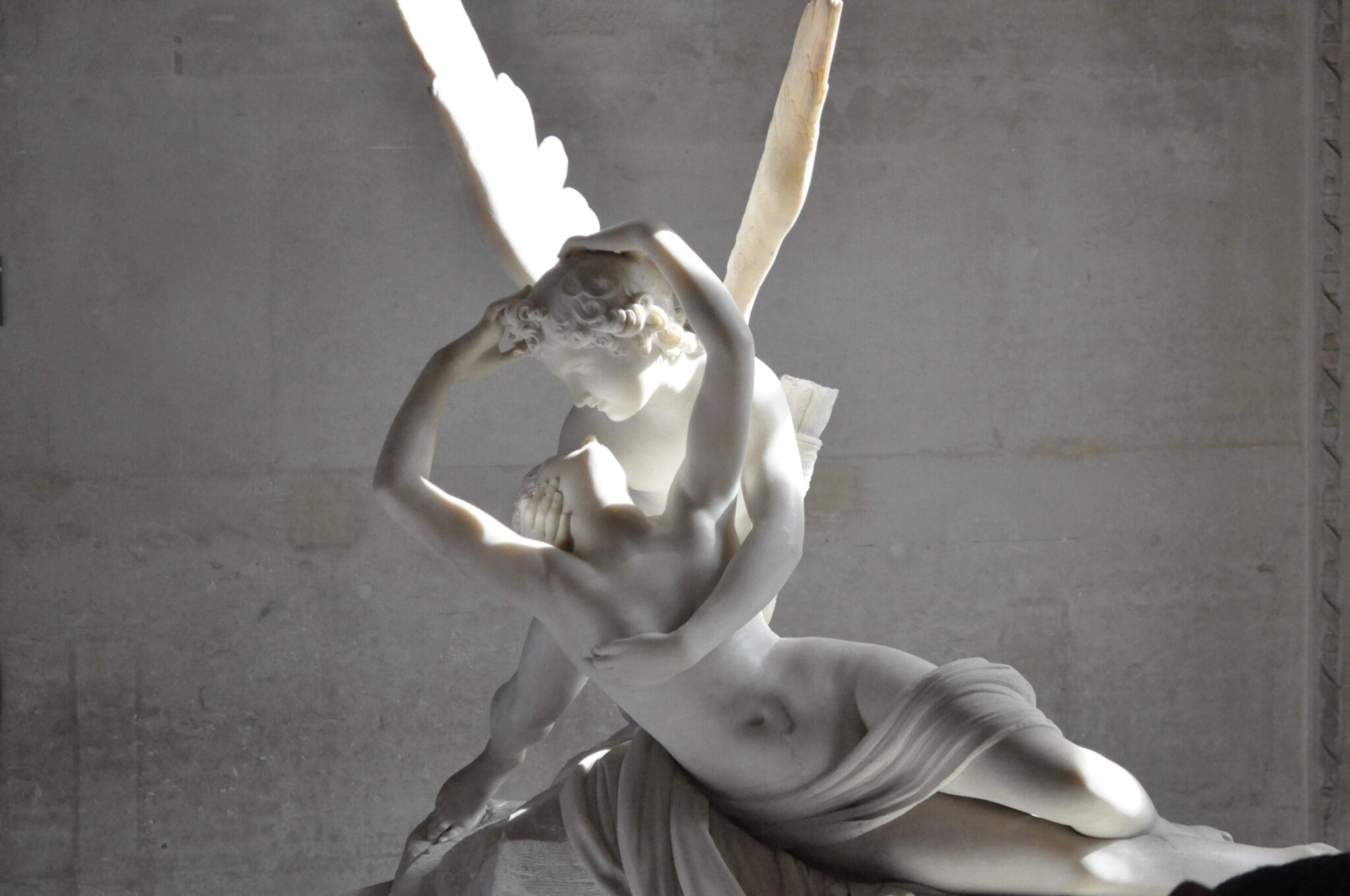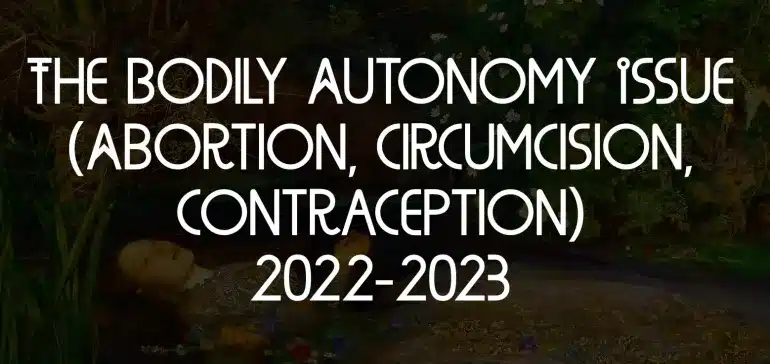Love Songs to Pig-Cupid: A Collection of Poems on Bodily Autonomy
Author’s Memo
If I tell you to close your eyes and picture the USA, what do you see? New York skyscrapers, Hollywood movies, the American Dream? How about France? But of course, you’re thinking of Paris: red wine and art galleries, elegantly starved models smoking Gauloises on their balconies, the usual aesthetic of curated debauchery. You know, of course, that these dreams aren’t the reality for most people. There are multiple sides to every story, to every country. There are always in-between places.
This collection of poems is a glimpse into the lives lived on the margins, where the laws put in place to protect basic rights and bodily autonomy cease to apply. This could be in an isolated community in the Deep South, on a London street where modern slavery still persists… or on a pig farm in rural France. In the conversation about bodily autonomy, there are places that get left behind, places where the Me Too movement never reached. I can only share my own account, but it is important to bear in mind that France is a prosperous and privileged state, with access to legal abortion, which is not the case for many countries.
“This collection of poems is a glimpse into the lives lived on the margins, where the laws put in place to protect basic rights and bodily autonomy cease to apply.
Here is the Diagonal du Vide, or the Empty Diagonal: France’s very own population desert, characterised by kilometres of run-down agricultural land, sporadic phone signal and ghost-towns that haven’t changed since the 1950’s. It is not unusual for men to answer the door with shotguns. It is the side of France not seen on postcards, where a subculture of violence flourishes in the back fields. A place where things grow wrong and rotten when left to their own strange devices.
Here is a farming community where family violence is handed down like an heirloom: rage is passed from father to son, fear from mother to daughter. Submission is taught in school, through the daily indignities and tiresome rituals that go ignored and even encouraged by figures of authority: the proviseur who doesn’t believe your story, the CPE who writes it off as a bit of fun, the teachers who sit back and watch while a cross-country run turns into open season.
We grow up eventually, and some of us get out. The boys leave with second-hand cars and sports scholarships, if they’re lucky. The girls leave pregnant or dead.
“I began writing angry poems. This collection looks at bodily autonomy through the eyes of farm animals raised for slaughter, with themes of murder, castration, birth and assault, all parts of everyday life in the countryside.
I began writing angry poems. This collection looks at bodily autonomy through the eyes of farm animals raised for slaughter, with themes of murder, castration, birth and assault, all parts of everyday life in the countryside. The image of the pig occurs frequently, both as the predator and the victim, the way men are both architects and victims of the patriarchy. People have always turned to art as a way of highlighting the truth when the justice system fails, and perhaps words are the only weapons that can dismantle a culture of carefully curated ignorance: the blind eye, the brush-off, the averted gaze.
The most insidious part was that I found myself perpetuating it, so accustomed to “the way things were” that I told a dear friend that what had been done to her was her fault, that she needed to grow up, that it happened to everyone. There are some things that take a lifetime of unlearning, cycles that take generations to break. Talking about an issue is the first step towards resolving it, and poetry has always been an opening to conversations that are long overdue.
“Bodily autonomy goes beyond access to legal abortion.
Bodily autonomy goes beyond access to legal abortion. This issue has always been at the heart of human culture: the age-old pattern of one person seeking control over another. It is the way public transport ceases to be a public space when you are a woman, but a place populated by predators, governed by those who do not wish you well. It is the way a girl’s childhood ends at eleven, or nine, or four, when she is suddenly deemed desirable, when she has to cover up and come straight home because the boys at school are no longer her friends but strangers who corner her behind the gym hall. The way she is taught right from the cradle that she is a vessel for the desires of others, subtracted from her very sense of self.
“The way we are all told that our role is to please, to appease, and if we fail in our duty to do so we will be liable for the damage.
Can bodily autonomy exist in a society where the human body is reduced to a product marketed for consumption? Can free will exist in a culture where women are subconsciously schooled to seek out our own killers, taught from a young age that “possessive” is a synonym for “caring”, that male anger is just a misguided expression of passion? This is also the way we domesticate farm animals, feeding them by hand until they come when called, so that when we go down to the long field with a shotgun, they’re already standing in line.
Today, I am far away from home and any pig farms both literal and figurative. My old friends and I once joked that our home was a place built for leaving, and I suppose that we all left, in our own ways. The tourists that visit our home no doubt see an idyllic place: the vineyards, the rolling hills, the comically backward traditions, how quaint. I lived some of my happiest years there, and I often find myself missing those hills and that honest way of life that you just can’t find in these sanitised cities. But there also needs to be recognition that France has one of the highest levels of feminicide in Europe, that one in eight French women will be raped in her lifetime. And this pales in comparison to many countries where a woman’s chance of survival dwindles almost to none. There has been enough silence.
“We must not close our eyes again. The circle cannot go on.
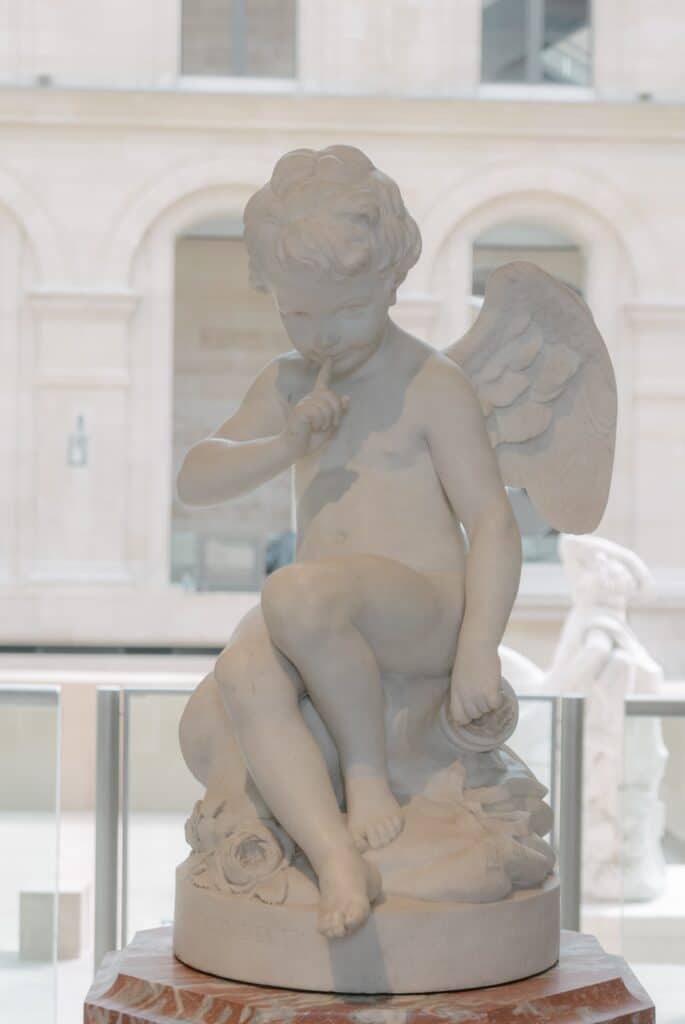
Love Songs to Pig-Cupid
I.
Girlhood is a bloodsport
Learned in playing fields
Yellowed by cricketsong, the secretions
Of sycamores
Coagulate the tar. Will it hurt? Stripped down
To tickbite mottled shell-pink shame, down to my silly shoes
& the soft sore lock-click of breathing.
They come in and leave
Something open in me, a terrible eye.
What quaint overreactions !
Thin grey cuckoo spit stings the eye for but a second,
Pig-cupid, the sun shuts down on me, I am burned quite white
& it is over very quickly.
II.
The same boys, men now, with their little lusts and lamentations.
So serene as they sit there, so effortlessly
Cunning. Cocotte,
We know these men. They would have us
Twisting, our insides scraped
Venison red, fallow-deer
Dead, dear fellows. Fathers, now.
III.
We are well-acquainted with the Scissor-man:
The stairway, the door-knocker, the six
Needlewomen in pinstripe dresses, corn dolly stitch-eye
And woollen hair.
One girl bore a baby straight into the canary grass behind the gym hall
Class-of-2013 pluot, blood-clot, chanterelle
These elegant consummations, rot.
Aunts with dark eyeglasses conspire in undertones.
I am just a small girl and vulgar. I will not survive
It (The usual adorations and dotes)
The steps go on forever and they are white.
We go, quietly. As things go.
IV.
Things go and fathers come back
To stone our wicked mouths, mothers
Wait behind doors with hatchets to kill
Pig-cupid. You remember him like a rash:
Skin rolled up & up like canvas, drains
Clogged with our hair, saliva sassafras
Supermarket carrier bags in the throats of rotting girls.
Pig-cupid: my first love rests the tip of his daddy’s laguiole hunting knife
Against my eye and it is almost
Ecstasy. A male friend, well-meaning, reduces me to raw parts please
Forgive me, pig-cupid, fathers push mothers down the stairs
Over unmatched socks.
V.
We open inside ourselves one paperthin escape:
Masturbatory – I jest.
Even that now bores me to tears.
The way out is this: to have been bright and wanted and to be those things
No longer. Unfond fingers pluck out the eye
They opened in me, cauterise and subtract,
these so-called divine things (soft pink calyx/
Cataract/muse) (the usual adorations and dotes)
Take it as a blessing, hagstone, wishbone. Crone.
They have ripped out my spine/No/They have let me
Live, drab and sexless
Fatherless, and free.
VI.
And what if I bear a daughter into the canary grass
With Grandma Lilian’s rosebud mouth? What then?
What will we tell her, pig-cupid? The same?
That we are blighted with these bodies that hinge
Themselves open like houses, on and on
Until we are repossessed? That we must tread the road
To white annihilation, these endless steps to
Unbecoming? (the stairway, the door-knocker, the six)
That fathers will come, proud,
Write poems perhaps (divine feminine/flesh
Of my flesh) and soon forget. The steps go on
Forever and they are white. Fatherhood folds away
Neatly, infinitely reductive, readily
Forgiven: the eye opens, and love shrinks
To the size of a spermatozoa.
(We go, quietly. As things go.)
Roadkill
Unlucky sevens dangling from the dash, the D911
thin and fleeing from your headlights, the stars
start their cold slide through the waiting dark. You say
you’re a monster of my making and I sit there rabbit-eyed,
splayed red and rare. I am not a passenger
I am the piled thing you left on the side of the road.
Stop for a grand crème in a grease-yellow gas station.
Slice my mouth on a plastic fork and smile for you,
tonsils strung up and singled out. The dead deer
in the car park cricks its neck and screams love me,
gut-pink and stinking of formaldehyde. There’s something
leaking under the table but we both ignore it.
This is how it will always be and I will always
be here, hymning around the fish-hook you drove
down my throat. In another world I stop the car
and rip you from my atrophied larynx, trailing
a string of sinew, the glint of the hook, and the heart
inside still silver, wet, wriggling out of spite.
Pig Castration (Huile sur Toile, 130cm x 122cm)
You pass me the scalpel pig-slick between your knees
& tell me to do what has to be done.
I snigger and think bollock, think couille,
think back-bacon motherless & greedy
scalpel sweetmeat shivering silver
crosshatch, correct me if I’m wrong,
quick quick pop it out
like a pomegranate pip leave it butterflied open & stinging.
Voilà,
kidneyblue blood-blister helix hurt
pluck out the unspent seeds with my scissor-beak.
Papa, remember
the wasp nest in the rafters,
the unstung embryos
packed in their cradles wingless with wanting.
Yes of course I’ve tried the forceps
& pulling myself out of you, shotgun pellet
in the urethra, tidy black decimal,
unavoidable arithmetic, these inane
multiplications (we grow and grow
until the body breaks the neck)
O string
sinew, scissor sharp, clever girl.
Skitterscratch of blue spray no stitches.
We run back to our mothers squealing.
Surrogate
Bald naked Barbie dolls swing from the wisteria bush:
We take turns beating them with a rounders bat
Until a hairline fracture to the hip cracks rib-eyed
Into morning. We are surprised to find them hollow,
Organless. Death is dainty and aneurysm pink.
These are the stones that we throw:
(Astrid, Mélisandre, Eric, Judith, Adele)
They say there’s nothing left of them now, not even a snip
Of skin to remember them by. We’ve changed the names, of course.
Any similarity to persons living or dead is purely
Coincidental.
Push our daddy’s drill through a pretty plastic eyesocket, peer
Into the ripped hole of the face like a mirror (Doorways
And cataracts, the devices and diagonals
Of shame: surrogate bodies in which to store
Our own small hurts.)
But killing time comes again, always.
Brush the blood clots from our hair, sop up the spillages
Before we walk to school, delicate, defeated, demure.
We leave our dolls pinned to the dartboard, autopsied
And understanding.
(Model pupils, they say. Make us proud.)
Calico / Curtain Call
It’s high noon when we find you
Teeth-to-the-sky in the dustbowl
Beneath the caravan, liverspotted
Underbelly up, toes en pointe
Like an elderly showgirl
Ever so dainty & so
Decorous. Dug up like a bone. .
We try to tack you back together
Of course: sloppy backstitch
And hem: red gingham, ticking
Stripe.
You used to be pinkwhite
You used to have a polka-dot collar
O eyes
Dried up
Ducts gummed
With tartar. We did this to you
Ace of Spades,
Pied & variegated
With disease, my pestilent
Harlequin, ma pourriture.
We did you to death
With turned heads.
(Brat
Scavenger, of course we knew.
You deserved long walks and bone
Marrow. You deserved
Euthanasia.)
Sometimes I fantasise about the pitchfork
About being under it
Unwanted and incontinent, bowels blink open
In a ragged gape of fear, heart hanging like a wet rag
Calico
Calico,
The day’s getting past it, now.
Must get
Down to business. A pleat-tuck
&-package elegant little sham
We compost you quietly. Things
Are easier to excuse when they are neatly
Underground, Coquelicot asleep in the poppies,
A petite tragedy. Unavoidable.
What a darling little flower nobody cares.
Under the thickening crust the spine
Still curls in on itself, a sorry
Excuse, beloved no longer &
Folded away like a dirty
Valentine, red and white, never sent.
Credits
Photo of a Cupid Sculpture by Alex Harmuth for Unsplash
Featured Image by Mahmut for Pexels
Learn More
New to autoethnography? Visit What Is Autoethnography? How Can I Learn More? to learn about autoethnographic writing and expressive arts. Interested in contributing? Then view our editorial board’s What Do Editors Look for When Reviewing Evocative Autoethnographic Work? Accordingly, check out our Submissions page. View Our Team in order to learn about our editorial board. Please see our Work with Us page to learn about volunteering at The AutoEthnographer. Visit Scholarships to learn about our annual student scholarship competition.
Annabelle Cormack is a poet, writer and Creative Writing BA graduate. Having grown up in the French countryside, many of Annabelle’s poems focus on the beauty and brutality of nature and the way that patriarchal violence can be perpetuated within the isolation of rural communities. Annabelle is currently studying for her MA, juggling several chaotic jobs, and working on a novel about cheerfully amoral witches and decaying forest gods.


